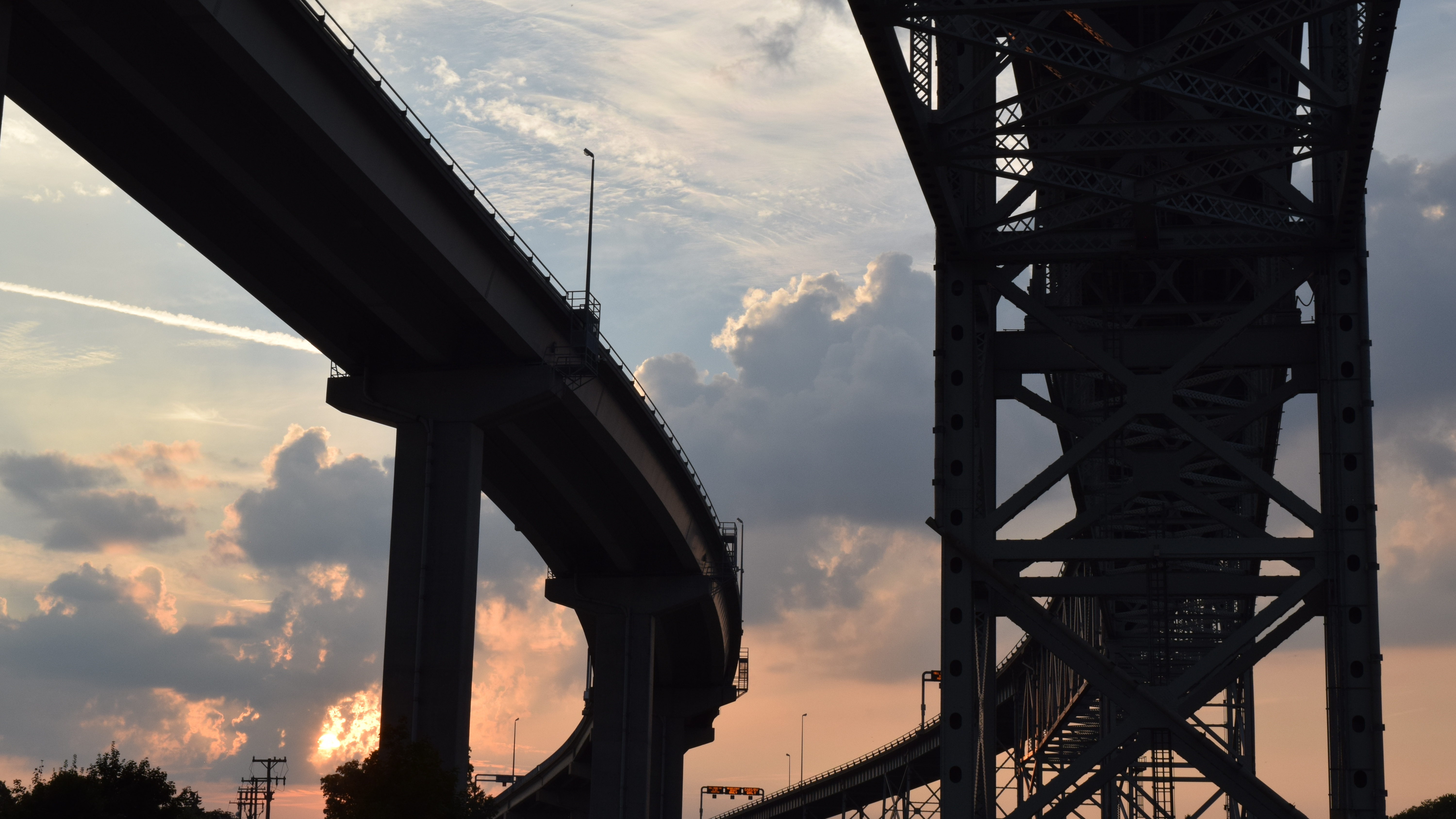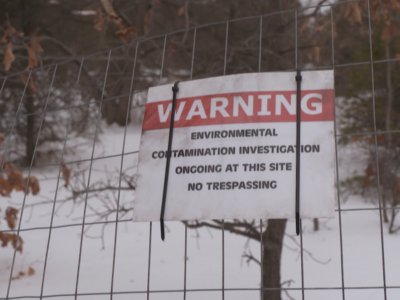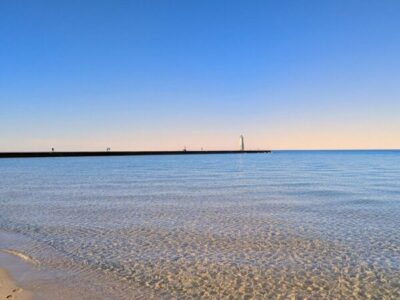
As part of governmental efforts to reduce the spread of coronavirus, the U.S. and Canada are limiting border crossings — a number of which are around the Great Lakes — and stopping cash transactions at toll booths.
On Wednesday, both governments announced that they will begin restricting all non-essential travel between the two countries.
In a press conference from Ottawa, Canadian Prime Minister Justin Trudeau said “non-essential” travel included recreation and tourism but would not affect medical workers.
We will be, by mutual consent, temporarily closing our Northern Border with Canada to non-essential traffic. Trade will not be affected. Details to follow!
— Donald J. Trump (@realDonaldTrump) March 18, 2020
Implementing border restrictions of any kind is an indication of how serious this crisis has become, according to Canadian news outlets.
“Typically, Canadian officials are loath to impose restrictions on the movements of people at the border,” CBC reported.
President Trump told reporters on Wednesday that the border restrictions with Canada will remain in effect for at least 30 days.
“I would hope that at the end of 30 days we’ll be in good shape,” Trump said.
Tolls to stop accepting cash
For those who still have to cross the border, having a card or pass to pay with has become a necessity.
On Wednesday, the Blue Water Bridge stopped accepting cash from both the American and Canadian approaches, said Todd Kealey, director of communications for the Federal Bridge Corporation.
While passenger traffic has dropped significantly in the past few weeks, Kealey said commercial traffic at the Blue Water Bridge has not been affected.
“The supply chain is intact and working,” Kealey said.
The Detroit-Windsor Tunnel crossing will stop accepting cash in the coming days, according to President and CEO Neal Belitsky.
On Thursday evening, officials with the Detroit-Windsor Tunnel announced that starting Saturday the tunnel will be closed to non-essential cars and trucks.
At the International Bridge in Sault Ste. Marie, most travelers already use prepaid passes, according to General Manager Peter Petainen.
“We’re mostly down to local commuters who use passes,” Petainen said. Passenger vehicle crossings are down 75 percent from an average of 4,000 per day to only a thousand daily, according to Petainen.
The Mackinac Bridge Authority will stop accepting cash at the toll bridge starting Saturday, March 21.
“We realize this change may be an inconvenience for many of our customers but eliminating the handling of cash between drivers and our employees is one more way we can help slow the spread of the COVID-19 virus,” Michigan State Emergency Operations Center Executive Secretary Kim Nowack said in a press release on Wednesday.
The state reports that so far this month 64 percent of Mackinac Bridge toll customers paid with cash. Starting today, travelers can pay using credit or debit cards, or a MacPass card or windshield sticker.
Cash customers will not be turned away, according to Jocelyn Hall, MDOT Bay Region communications representative. Hall said instructions will be available at toll booths for customers who need to pay with cash.
“The move to eliminate cash is a precautionary measure to reduce person-to-person contact and is not intended to completely eliminate travel, especially when deemed necessary,” the release stated.
More COVID-19 coverage from Great Lakes Now:



Featured Image: Blue Water Bridge crossing in Port Huron, Photo by Kathy Johnson




